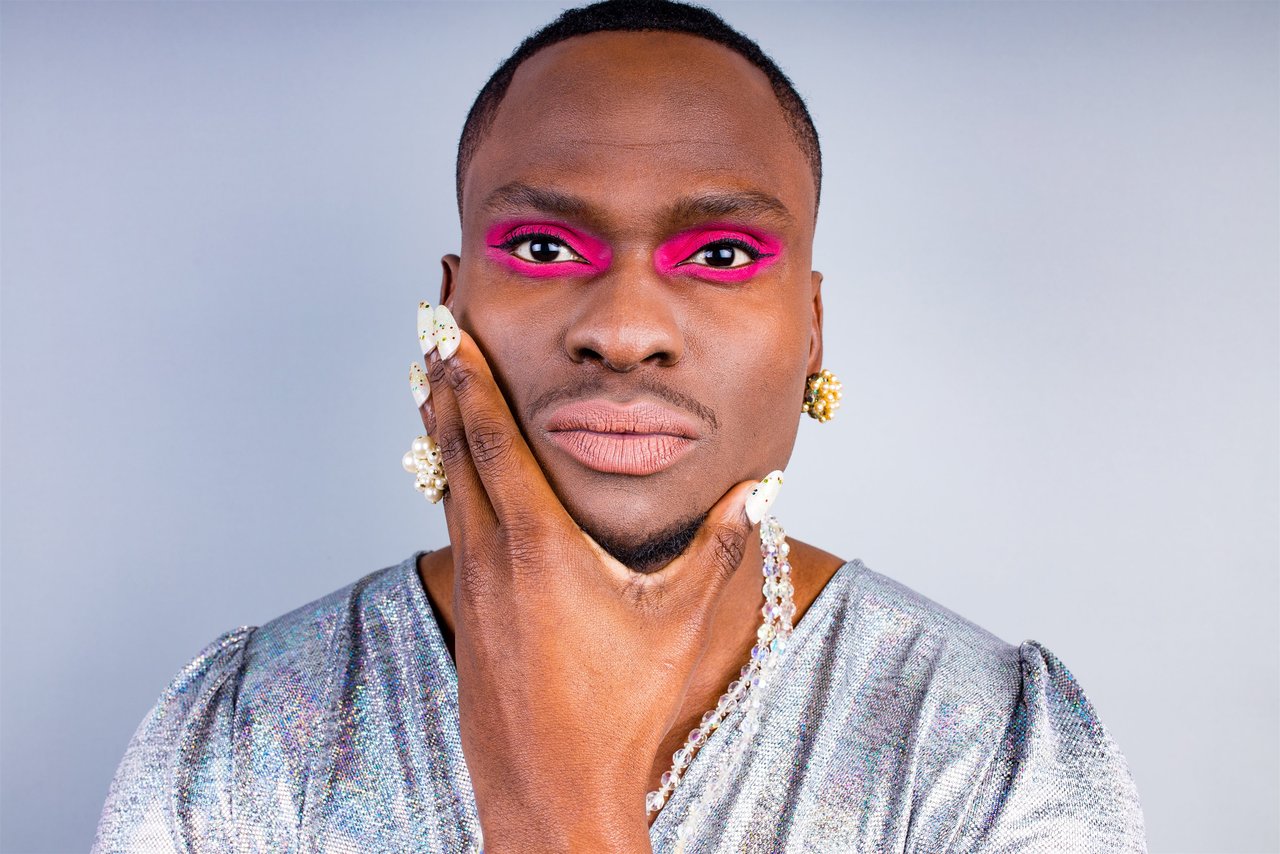Japanese Supreme Court trans decision shifts legal gender recognition laws
History changed when the Japanese Supreme Court ruled that forcing transition-related surgery for legal gender recognition was unconstitutional. For years, trans people in Japan had to meet strict requirements, including sterilization, to change gender markers on government-issued identification. The new decision signals a shift: it recognizes the dignity and human rights of the trans community while following a broader international trend seen in countries like Germany and Argentina. In this moment, old legal restrictions collided with growing global standards of human rights, and something finally broke open. The Court’s decision not only reinterprets Japanese law but challenges a deep-rooted cultural narrative about gender. That pressure has slowly been mounting: international organizations and the G7 have increasingly scrutinized Japan’s LGBTQ legal environment. With one judgment, the lives of thousands changed—and more, an undeniable message about queerness, legitimacy, and human worth was broadcast to a society still wrestling with conservative values. Even now, every news cycle about LGBTQ rights Japan echoes with the memory of this case, reminding everyone how legal shifts can reopen futures once sealed shut. The weight of the law can crush or it can carry; in this, it finally carried.
LGBTQ rights Japan faces evolving challenges in marriage and recognition
Right now, the ground under LGBTQ rights Japan is still shifting. Marriage equality remains blocked by both policy and public hesitance, meaning same-sex couples—trans or cis—still face legal invisibility. Parental status requirements for legal gender recognition complicate family lives: parents can be denied recognition, splitting identity from daily reality. Yet, activism around these gaps is fierce, driven by hope for legal and social progress. Groups keep challenging the marriage ban, sparking city and municipal partnership certificates, but true marriage equality Japan remains a distant hope. Legal recognition for trans people has started moving forward, but full equality—true safety, unquestioned rights—is not reality yet. There's a tension here: victories in one courtroom become the soil for the next fight. Progress can feel glacial, but each new legal update brings more voices out into the open, demanding a legal environment that reflects the full spectrum of gender identity. The work ahead is clear, and it’s driven by the unmistakable ache for recognition and belonging that every queer movement carries.


